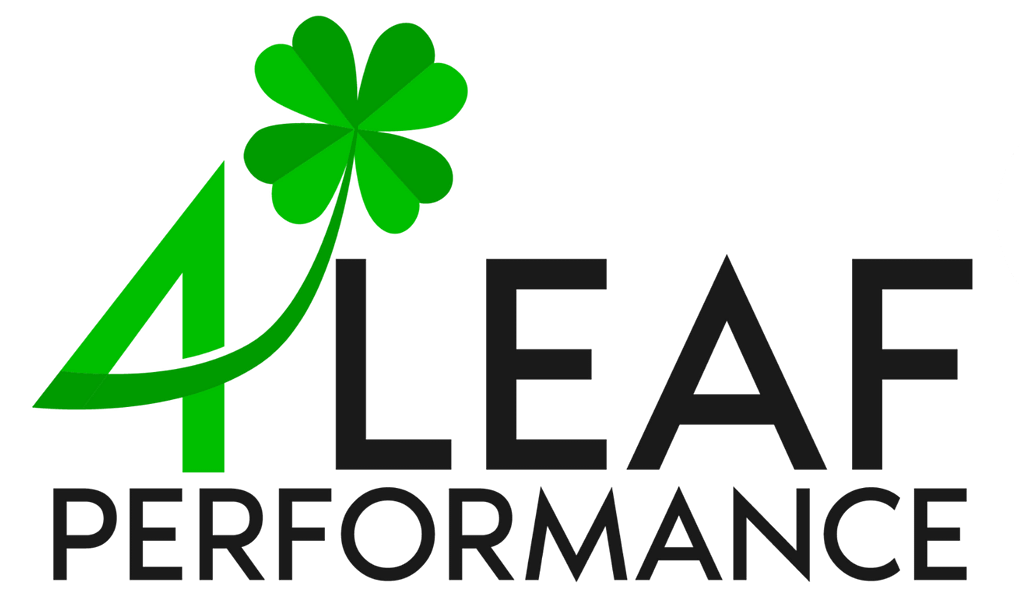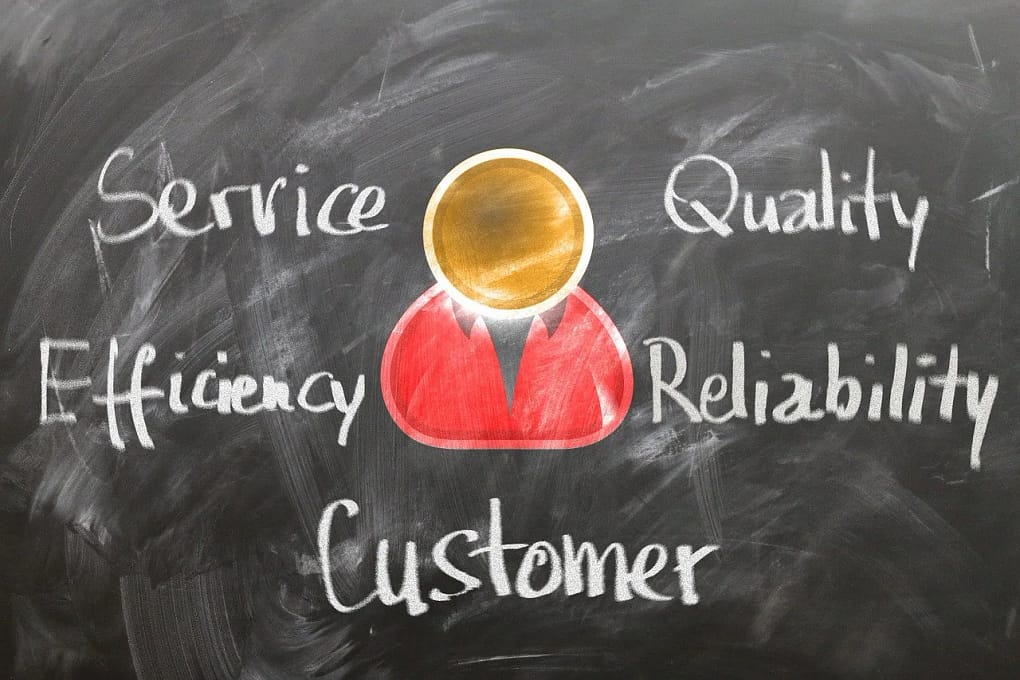In today’s fast-paced business world, you must forge strong customer bonds. Sustaining these connections requires expert use of CRM strategies. Customer Relationship Management, or CRM, is a series of strategies that can dramatically enhance how businesses interact with and retain their customers.
But what exactly makes CRM so indispensable? Through effective CRM management, businesses can go beyond mere transactions to cultivate deep, enduring customer relationships. This transformation doesn’t happen overnight, but with the right approach, customer loyalty and business growth rewards are immense.
Understanding Customer Loyalty and CRM Strategies
Customer loyalty emerges when customers consistently choose your brand over competitors, not just because of price or convenience but due to a deep-seated preference. This loyalty is the lifeblood of any thriving business, creating a stable foundation in an otherwise fluctuating market landscape. But how does one cultivate and maintain this loyalty? Enter CRM strategies.
The essence of CRM strategies lies in nurturing customer relationships. It’s about creating a seamless, personalized experience for each customer, ensuring they feel valued and understood at every touchpoint. This level of attentiveness can transform a one-time buyer into a loyal advocate for your brand.
In the digital age, CRM’s role has evolved significantly. With the advent of advanced analytics, AI, and machine learning, businesses now have the tools to analyze vast amounts of customer data, gaining insights that were previously out of reach. These technologies have opened up new personalization and customer engagement avenues, making CRM strategies more effective.
Personalization at Scale
When you tailor your messages to resonate with your leads and customers, you’re not just sending an email or a notification; you’re extending a hand, inviting them into a conversation.
Personalization can transform your CRM strategies. It is your secret weapon in building instant rapport. Imagine receiving a message that feels like it’s been crafted just for you, addressing your specific needs and interests. It’s like walking into a party and being greeted by name—it makes you feel recognized and valued. This personal touch humanizes your brand, tearing down the corporate facade and presenting a friendly face. Suddenly, you’re not just a company but a familiar, approachable friend.
But the benefits don’t stop there. With personalized communication, you can send your customers offers tailored just for them. This isn’t just about boosting sales in the short term; it’s about increasing your customers’ lifetime value (CLV). When customers feel you understand their needs, they’re more likely to stick around for the long haul, turning a one-time purchase into a lasting relationship.
Personalized communication also helps you stand out. It’s the difference between being just another company in the inbox and being the email they look forward to receiving.
The best CRM systems help you capture and analyze the correct customer data, turning a mountain of information into actionable insights. This enables you to craft messages that resonate on a personal level, scaling this personalized approach across your entire customer base.
Investing in suitable CRM software and focusing on personalized communication can transform your CRM strategies from generic broadcasts to meaningful conversations. This approach enhances customer relationships and sets the stage for sustained business growth in a competitive landscape.

Engaging Customers Across Multiple Channels
Customers interact with your brand across various platforms and channels, from social media and email to your website and physical stores. Effective CRM strategies recognize this diversity and ensure a seamless, consistent customer experience across all touchpoints. This is where the concept of omnichannel CRM comes into play, taking customer relationships to the next level.
Omnichannel CRM is about creating a cohesive customer journey. This means that whether a customer sends a query via email, posts a comment on social media, or walks into a store, the quality of interaction and the information available should be consistent and personalized.
CRM management must integrate data from all these channels to provide a comprehensive view of each customer’s interactions with your brand. This unified approach allows businesses to engage with customers more effectively, regardless of the channel. For instance, insights from a customer’s online behavior can inform in-store interactions, leading to more personalized service and better customer experiences.
Moreover, engaging customers across multiple channels means providing consistent and effective support. In the era of CRM for business, a customer’s problem should quickly be resolved whether they reach out via live chat, email, or phone. This level of integrated support solves customer issues more efficiently and builds trust and loyalty.
But here’s the kicker: managing these multiple channels requires sophisticated CRM tools and a strategic approach. It’s about choosing the proper channels for your audience, understanding the nuances of each, and tailoring your communication to fit. It’s also about training your team to provide consistent, high-quality interactions across all platforms.
Leveraging Automation for CRM Strategies
Striking the perfect balance between personal touch and efficiency is key. This is where automation becomes a game-changer in CRM strategies. By automating routine tasks and processes, businesses can save time and resources and ensure that no customer interaction falls through the cracks.
Follow-up emails are sent at just the right time, customer queries are instantly acknowledged, and data is seamlessly updated across systems—all without manual intervention. This is the power of automation in CRM management. It allows businesses to maintain a high level of service and personalization, even as they scale.
One of the most impactful ways automation enhances CRM for business is through timely responses. Automated workflows can ensure that every customer query receives an immediate acknowledgment, even if it’s just to say, “We’re looking into it.” This immediate response can significantly improve the customer experience, making customers feel heard and valued.
Automation can also help nurture customer relationships over time. Automated emails can be triggered by specific customer actions, such as downloading a white paper or making a purchase, providing relevant information, or offers that enhance the customer’s journey. These timely, relevant communications can keep your brand top-of-mind and encourage ongoing engagement.
It’s important to remember that automation should enhance, not replace, personal interactions. The goal is to use automation to handle the routine, allowing your team to focus on more complex, high-touch interactions that require a human touch. This blend of automation and personal attention is where CRM strategies truly shine.

Rewarding Customer Loyalty
Implementing CRM strategies that acknowledge and reward your customers’ commitment fosters loyalty. It turns satisfied customers into vocal advocates for your brand.
Loyalty programs are a tangible way to express appreciation for ongoing customer engagement. These programs can range from simple points systems, where customers accumulate points with each purchase, to tiered memberships that offer escalating rewards based on the customer’s level of interaction with the brand. The key is to design rewards that resonate with your customer base and align with their values and interests.
Effective CRM management involves tracking customer interactions and purchases to identify reward opportunities. This could mean recognizing milestones, such as a customer’s anniversary with your brand, or rewarding specific behaviors, like referring new customers. These gestures of appreciation make customers feel valued, encouraging continued loyalty and engagement.
But rewards don’t always have to be transactional or tied to purchases. Exclusive content, early access to new products, or invitations to special events can also be powerful ways to reward engagement and foster a sense of community among your customers. These non-transactional rewards can strengthen customer relationships by offering value beyond the point of sale.
It’s essential, however, to keep the lines of communication open. CRM strategies should include mechanisms for soliciting feedback on the rewards program, ensuring it remains relevant and valued by your customers. This iterative approach optimizes the rewards program and reinforces the idea that you’re invested in your customers’ satisfaction and ongoing relationship with your brand.
Continuous Improvement through Feedback
Integrating feedback into your CRM strategies involves actively seeking their insights to continuously refine and enhance the customer experience.
Feedback directly links your customers’ thoughts and feelings about your products, services, and overall brand experience. This invaluable information can guide improvements, inspire new offerings, and prevent potential issues from escalating.
Effective CRM management involves creating a culture where feedback is welcomed and acted upon. This can be achieved through various channels such as surveys, direct customer interactions, social media, and customer behavior analysis. The key is to make giving feedback as easy and convenient as possible for your customers.
But gathering feedback is only half the battle. The true essence of CRM strategies lies in what you do with that feedback. Analyzing the input, identifying trends and common themes, and translating these insights into actionable changes is crucial. Whether by tweaking your product design, adjusting your service delivery, or refining your marketing messages, the goal is to use customer feedback to drive meaningful improvements without losing your brand identity.
It’s also important to close the loop with customers who provide feedback. Acknowledging their input and, where appropriate, communicating the changes made in response reinforces the value you place on customer relationships. This enhances the individual’s experience and builds trust and loyalty among your broader customer base.
Measuring Success and ROI
Customer relationship management demands concrete metrics to understand the efficacy of your CRM strategies. These metrics serve as the milestones on your journey to deepening customer relationships and enhancing business outcomes.
When deploying CRM for your business, consider these metrics:
- Customer Retention Rate: Tracks the percentage of customers who remain engaged with your brand over a specific period. A higher rate signifies effective customer loyalty initiatives.
- Customer Satisfaction Score (CSAT): Gauges immediate customer satisfaction levels post-interaction, offering insights into the quality of your customer service and support.
- Net Promoter Score (NPS): Measures customer willingness to recommend your brand to others, providing a clear indication of customer loyalty and brand advocacy.
- Customer Effort Score (CES): Assesses the ease with which customers can interact with your brand, from making a purchase to resolving a service issue.
- Churn Rate: The percentage of customers who discontinue their relationship with your brand over a certain timeframe. Lower churn rates suggest stronger customer loyalty.
- Customer Lifetime Value (CLV): Estimates the total revenue a business can expect from a single customer account throughout their relationship with the brand.
- Conversion Rate: Reflects the effectiveness of your CRM strategies in turning potential leads into paying customers.
- Average Purchase Value: Tracks changes in spending patterns, indicating whether CRM initiatives influence customer buying behavior.
Leveraging your CRM system’s full spectrum of analytics capabilities is essential for mining these metrics. Modern CRM platforms provide robust tools for detailed reporting and analytics, enabling you to monitor these indicators in real time, discern patterns, and pinpoint areas for strategic enhancement.
Understanding the narratives these metrics tell is crucial for CRM management. For example, an uptick in CLV signals the success of your upselling strategies. At the same time, improvements in NPS indicate that your recent customer experience initiatives resonate well with your base.
A comprehensive approach to measuring success and ROI involves tracking a broad array of metrics and interpreting them in the context of your overarching CRM strategies. This multifaceted measurement approach affirms the value of your CRM efforts. It lays the groundwork for ongoing refinement and sustained business growth.

Elevating Your Business with Advanced CRM Strategies
In navigating the ever-evolving business landscape, adopting a strategic approach to CRM is essential for long-term success. The journey of refining CRM strategies is ongoing, a continuous loop of learning, implementing, and enhancing to forge deeper customer relationships and drive business growth.
For businesses looking to improve their CRM strategies, consider a consultation with 4 Leaf Performance. With a team of highly effective coaches based in the US, UK, Ireland, and South Africa, 4 Leaf Performance offers business coaching services tailored to your unique needs. Whether you’re just starting out or looking to refine your existing CRM practices, our expertise can help you achieve your business objectives.
Stay ahead of the curve by subscribing for more insights on CRM and customer loyalty. Let’s embark on this journey together, leveraging strategic CRM management to build lasting customer relationships and drive our businesses forward.



